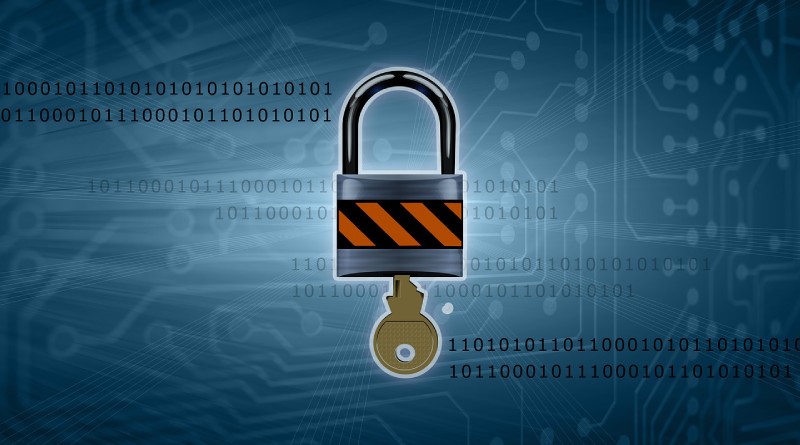Password manager: We often hear news stories about big companies like Equifax, Capital One, and Yahoo getting hacked. What we don’t often hear about are the millions of people whose online accounts hacked every day.
Targeting online accounts is easy for cybercriminals. They don’t need advanced tools. They take advantage of weak passwords like “12345” and “password” to gain access to personal data, credit card details, and more.
The best (and most accessible) defense against hackers is a password. But only if it is ✓ robust, ✓ unique, and ✓ you store it in a safe place. Password managers help to check all three of those boxes.
Table of Contents
TogglePassword Manager Defined
The majority of people use weak passwords. What’s worse is they often reuse these same insecure passwords across many accounts. It makes them susceptible to cyber-attacks. If a data breach exposes one password, all other accounts become vulnerable.
Password managers help you create, manage, and store robust passwords for all your online accounts. They save not only passwords, but also credit card numbers, security codes, security question answers, and much more. They encrypt this information and keep it in your vault. Even the best hackers will not only be able to access it without your master password.
That’s right. To retrieve your passwords, all you have to do is remember one master password. That’s all it takes to make radical improvements to your online security.
Also Read: What is ATX(Advanced Technology EXtended)? -Definition, Uses and Features
How Much Does It Cost?
You have to pay for a quality small business password management platform. The free ones, especially in-built browser password managers, are not up to the same security standards.
You can get a great one for as little as $2.50 a month. That’s less than the price of a cup of coffee while preventing the considerable cost of identity theft.
You’re not paying for only security, but also convenience. The best password managers include features such as backup and sync across devices, unlimited accounts, OCR scanning, and more.
The Benefits of Using a Password Manager
For one, you never have to remember many passwords and variations. Remembering one master password is more than enough.
Then, you can do everything in one click. Enter your master password, and you can log in to all your accounts without typing any credentials whatsoever. Some password managers even autofill other form details, such as credit card info.
Moreover, in-built password generators guarantee you the security of rigorous passwords. Why’s that important? The more complicated a password/pin is, the more difficult it is to crack it.
Using a brute-force or dictionary attacks, a hacker would break a password like “password” instantly. But even “password123” would take longer to break. Though, cybercriminals can still guess phrases like this with ease.
When you generate and use a password like “VzR9Z8#rkA^4,” you can be sure that even supercomputers would struggle to crack your password.
Add new, unique passwords like the one above to each of your accounts, and then you’re ready to go. Then the password manager syncs across all your devices. So you can access your updated passwords from your smartphone, laptop, tablet, or another device.
Also Read: Security in the IoT World – Smart Devices, Smart Users
Is It Safe To Use Only One Password?
It may seem strange that you only need one password to unlock all your accounts. It is the one area where you have a little more responsibility.
Your password manager will help you create a master password. But you must use it with care. Don’t send it to anybody over email or leave it lying on your desk at work. Keeping a master password safe is all on you. It’s the only way hackers can get to your passwords.
But it is still much safer. Since you don’t use that password in other accounts, it cannot show up with breached passwords on the dark web. And since you use unique passwords, if any passwords of your accounts do show up on the internet, other ones remain safe.
What If I Forget My Master Password?
The best password managers use “zero-knowledge encryption.” It means that even the developers cannot access any of your passwords.
It’s a blessing and a curse. If you forget your password, you can be locked out of your vault forever. Of course, it’s not the end of the world. You can reset all your account passwords one-by-one.
To avoid it, you can write down your password. Don’t keep it on your computer or on any device that’s connected to the internet. These can always be hacked. Instead, write it down on a piece of paper and keep it somewhere secure like a safe or a locked file cabinet.
Also Read: Internet of Things(IoT) drives the Security Market
Other Account Security Measures
Password managers can’t protect you from all cybersecurity threats. You should still take additional security measures like:
- Setting lock screens on all your devices
- Using two-factor authentication whenever possible (including on a password manager itself)
- Enabling biometric security tools
- Conducting regular audits of your online accounts
- Only using computers and WiFi networks your trust
- Scanning your computer for malware, especially keyloggers
Choosing The Right Password Manager
There are all kinds of password managers available right now. You can find Windows and Android password managers along with ones for macOS, iOS, and every other platform.
Most password managers include a trial period, so you have nothing to lose. Try a password manager out for yourself to increase the security of your accounts.
Shashi Teja
Related posts
Hot Topics
Understanding TruthFinder’s Background Check Features
Background checks have become increasingly relevant for personal safety and information gathering in digital environments. TruthFinder offers comprehensive background check…
How MLOps Is Shaping the Future of AI in Business
Artificial intelligence (AI) has evolved from a futuristic idea to a strategic necessity for companies looking to innovate, grow, and…



